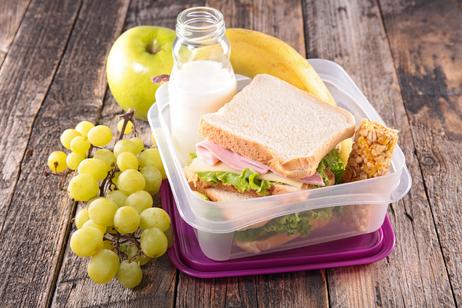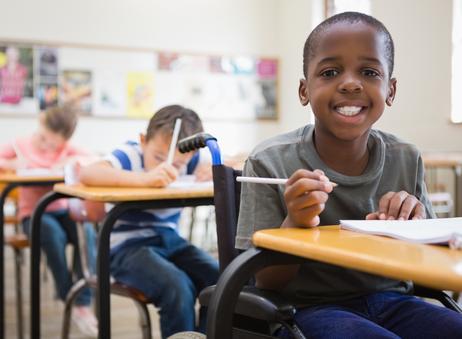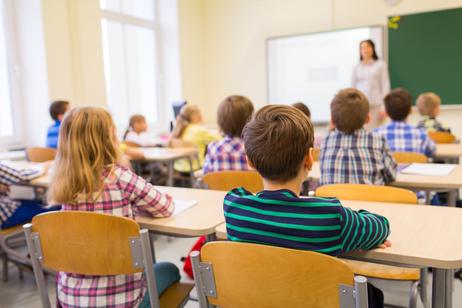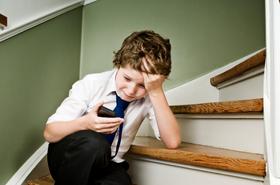America is one of the wealthiest nations in the world and, yet, every day millions of children go hungry. In fact, more than 13 million children live in “food insecure” homes meaning that their families don’t have enough food to eat on a regular basis.
To combat child hunger, there are a number of programs that provide free or low-cost lunches for students but even these lunches aren’t always healthy. Research shows time and again just how important a healthy lunch is not only for child growth and development but also for student performance.
In this article, we’ll explore the importance of a healthy lunch for public school students as well as some of the problems facing school lunches today. We’ll also talk about a topic that is currently trending – meal delivery services for student lunches.
This TED Talk discusses the impact of school meals.
How Does a Healthy Lunch Impact Student Performance?
If you’ve ever skipped breakfast before heading to work, you’re probably familiar with that mental fog that starts to set in around mid-morning. Without a healthy breakfast to jump-start your metabolism and to provide fuel for your body, it becomes difficult to concentrate on the task at hand. Now, imagine experiencing that on a daily basis as a child.
While there is no doubt that missing meals can have a detrimental effect on child growth and student performance, new research






















